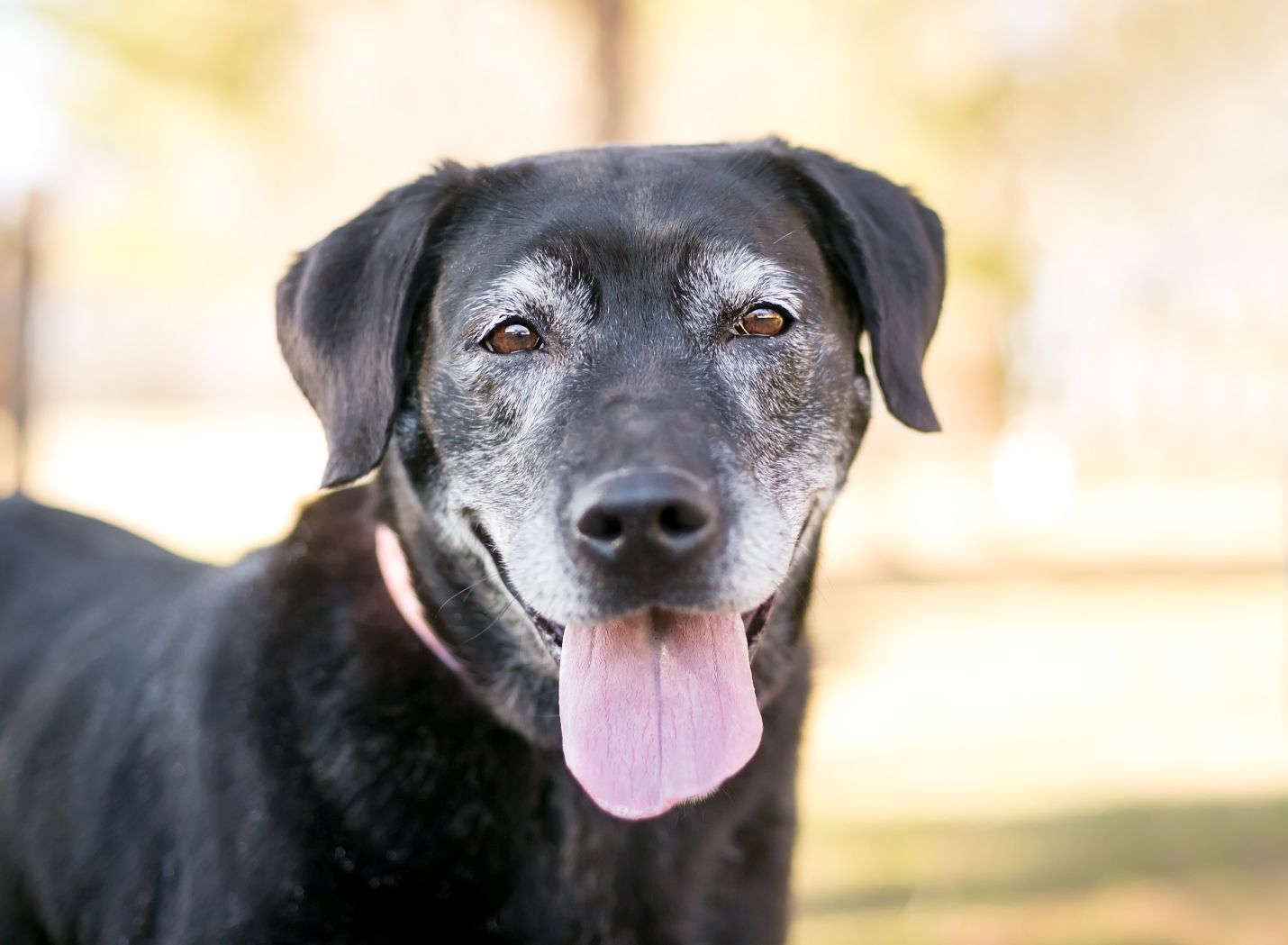Senior Pet Care: Managing Age-Related Conditions and Promoting Quality of Life

Thanks to modern veterinary care and excellent ownership, pets are living longer than ever before. Characterized by engaging activities, balanced nutrition, and meaningful social connections, a pet’s senior years are also all about managing age-related conditions. With daily strategies that promote a high quality of life, owners can keep their golden oldie happy, safe, healthy, and comfortable.
Finding the Right Balance
As your pet ages, their nutritional needs and exercise requirements shift. It can be a gradual process, but sudden changes aren’t unheard of. Either way, it is essential to meet your pet where they are.
If they have trouble chewing hard kibble or digesting it, it’s time to move toward moist or dehydrated food. Also, food designed for the needs of younger animals may not be appropriate for an aging cat or dog. Harpeth Hills Animal Hospital can help you find the right combination of nutritional products that taste great and support senior health.
Slowing Down, but Not Stopping
Senior pets will begin to show signs of strain or pain as they age. A reluctance to jump on or off the couch, mobility challenges, and lethargy can be a part of the normal aging process. However, the more a pet has the opportunity to safely move around, the better off they are. A pet that previously enjoyed vigorous exercise every day may need a slower pace and longer rests, but daily movement improves flexibility and strength.
A Word About Pet Pain
A major component of senior pet care is identifying and treating pain. In addition to keeping a senior pet active, it is important to address possible weight gain. Any extra weight on their joints can lead to or worsen certain health conditions like arthritis.
Pain can be managed with prescription or over-the-counter medications, nutritional supplements, and holistic therapies like massage or acupuncture. If your aging pet is showing sensitivity to touch or movement, is socially withdrawn, and unable to move without limping, please let us know.
Help Them Look Good
Aging pets may lose the ability to properly groom themselves. Help them out by bathing them and keeping their coats free of oils, debris, tangles, mats, and parasites. Brushing their teeth and keeping their mouths clean is critical to their overall wellness. Poor oral hygiene can have dire consequences in senior pets, such as heart, liver, or kidney disease.
Always Here For Your Pet
The key to supporting senior pet care is to try and stay in front of the various challenges that can affect their quality of life. The best way to do this is with bi-annual wellness examinations. Seeing senior pets every 6 months can help us detect and treat illness early. Routine veterinary care can prevent many health conditions from developing, and helps them stay healthy and happy for as long as possible.
Please give us a call at (615) 646‑7387 if you need help caring for your senior pet. Our team is always here for your pet.

